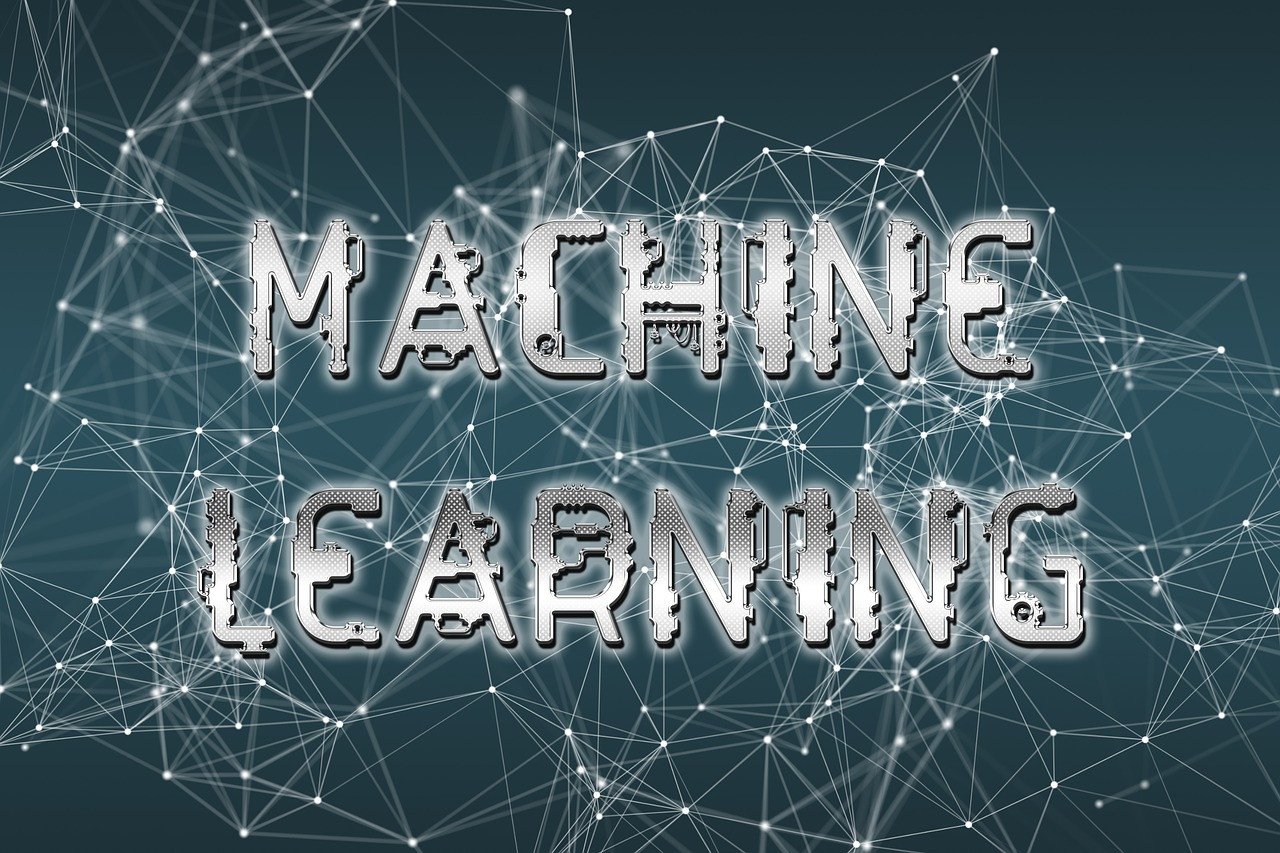6 skills you need to learn artificial intelligence techniques
The Top Skills You Need for AI Jobs in 2024
As the realm of Artificial Intelligence (AI) continues its rapid expansion, navigating the landscape of AI careers demands a keen understanding of the essential skills that drive success in this dynamic field. In this article, we unravel the top skills crucial for flourishing in AI roles in 2024. From the burgeoning demand for AI expertise to the diverse array of career paths available, we explore the key competencies and strategies essential for carving a rewarding career in AI.

Why AI Skills are in High Demand:
The demand for AI professionals is booming due to several factors. Businesses are leveraging AI to:
- Drive innovation and productivity: AI personalizes customer experiences, automates repetitive tasks, and facilitates the development of new products.
- Process big data: The exponential growth of data necessitates AI algorithms to analyze and extract valuable insights.
This surge in AI adoption has created a significant skills gap, with many organizations struggling to find qualified candidates. By honing your AI expertise, you can position yourself for success in this high-growth field.
Top AI Jobs for 2024:
The AI landscape offers a diverse range of career paths. Here are some of the most promising AI jobs for 2024:
- Machine Learning Engineer: Machine learning engineers are the architects of intelligent systems, blending data science with software engineering. They design, build, and deploy algorithms that enable machines to learn from data and make predictions or decisions autonomously. It's a role at the forefront of innovation, requiring a deep understanding of mathematics, statistics, and programming, coupled with a knack for problem-solving and creativity.
- Data Scientist: Data scientists are the detectives of the digital age, extracting insights from vast amounts of data to inform business decisions. They use a blend of statistical analysis, machine learning, and programming to uncover patterns, trends, and correlations. It's a versatile role that requires expertise in data manipulation, visualization, and storytelling, along with a curious mind and a passion for problem-solving.
- Robotics Engineer: Robotics engineers are the architects of the future, designing and building machines that can sense, perceive, and act in the physical world autonomously or semi-autonomously. They combine knowledge from various fields such as mechanical engineering, electrical engineering, computer science, and artificial intelligence to create robots for a wide range of applications, from manufacturing to healthcare and exploration. It's a multidisciplinary role that demands creativity, technical expertise, and a deep understanding of both hardware and software..
- Software Engineer: Software engineers are the architects of the digital realm, crafting the code that powers our modern world. They design, develop, and maintain software applications, systems, and platforms, ensuring they are efficient, reliable, and scalable. It's a dynamic profession that demands a blend of technical expertise, problem-solving skills, and creativity, with opportunities spanning industries from tech giants to startups, and roles ranging from frontend to backend development.
- Business Intelligence Developer: Business Intelligence Developers are the storytellers of data, transforming raw information into actionable insights that drive strategic decisions. They design and maintain data warehouses, develop dashboards and reports, and implement data analytics solutions to help organizations understand trends, optimize operations, and gain a competitive edge. It's a role that bridges technical expertise with business acumen, requiring proficiency in data modeling, SQL, data visualization tools, and an understanding of organizational objectives..
Essential Skills for AI Jobs:
Employers seek candidates with a well-rounded skillset encompassing both technical and soft skills. Here are the core competencies you'll need to excel in an AI career:

- Machine Learning: Understanding of probability, statistics, and libraries like PyTorch and TensorFlow for developing and training ML models.
- Natural Language Processing (NLP): Proficiency in NLP techniques like sentiment analysis and topic modeling, along with familiarity with NLP libraries like spaCY and NLTK.
- Programming Languages: Strong grasp of Python for data analysis and ML, with potential knowledge of Java, JavaScript, and R depending on the specific career path.
- Problem-Solving: Ability to troubleshoot complex AI challenges and develop creative solutions.
- Collaboration: Effective teamwork skills to collaborate with diverse teams on complex AI projects.
- Communication: Clear and concise communication to explain technical concepts to non-technical audiences.
- AI Ethics: Understanding of the ethical considerations surrounding AI and its potential impact on society
Conclusion:
In the ever-evolving landscape of Artificial Intelligence (AI), mastering the essential skills is not just a pathway to success but a prerequisite for thriving in this dynamic field. As we conclude our exploration of the top skills and promising career paths in AI for 2024, it becomes evident that the journey to a fulfilling AI career requires a blend of technical expertise, creativity, and a deep understanding of societal implications.
From machine learning engineers pioneering intelligent systems to data scientists deciphering the mysteries hidden within vast datasets, the array of AI roles offers boundless opportunities for those equipped with the right skill set. Robotics engineers chart the course for the future, while software engineers architect the digital realm, underscoring the multidisciplinary nature of AI careers.
Yet, beyond technical proficiency lies a realm of soft skills essential for success in AI. Effective communication bridges the gap between complex algorithms and non-technical stakeholders, while collaboration fosters innovation and drives AI projects to fruition. Moreover, an awareness of ethical considerations surrounding AI deployment is paramount, ensuring that technological advancements align with societal values and principles.
As we look to the future of AI careers, one thing remains certain: the journey to success is not a solitary endeavor but a collaborative effort fueled by continuous learning and adaptability. By cultivating a diverse skill set, embracing emerging technologies, and staying attuned to industry trends, aspiring AI professionals can chart a course towards a future defined by innovation, impact, and boundless possibilities. So, embark on your journey armed with knowledge, fueled by passion, and poised to shape the future of AI in 2024 and beyond.











Comments (0)
No comments found